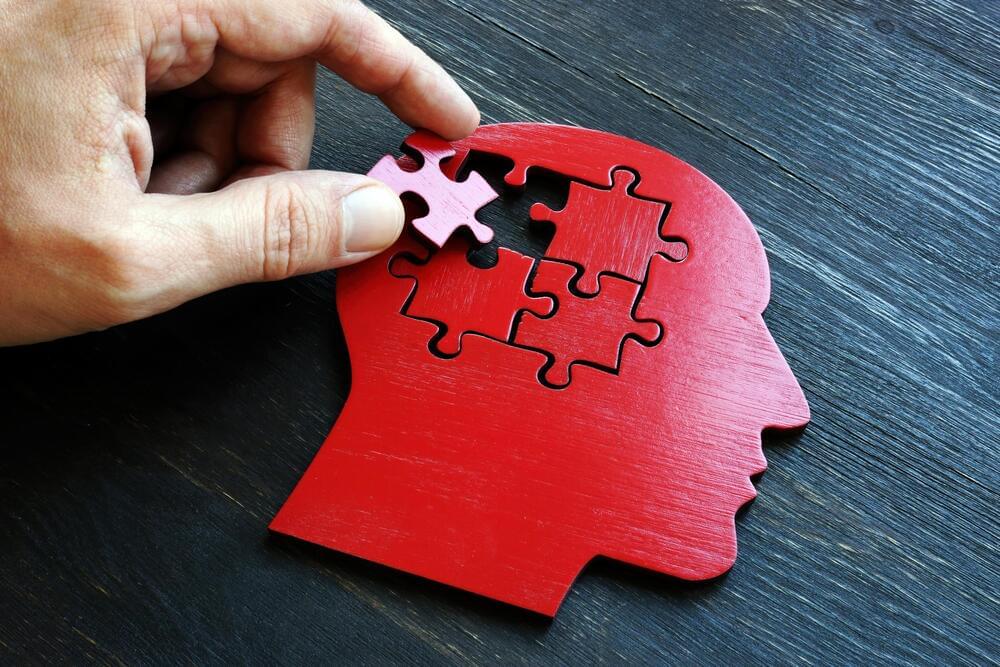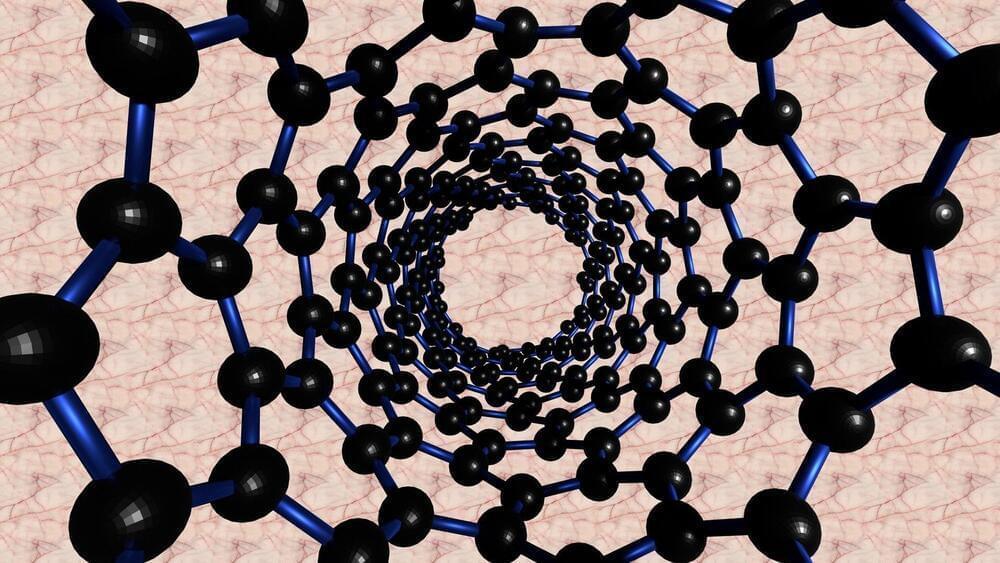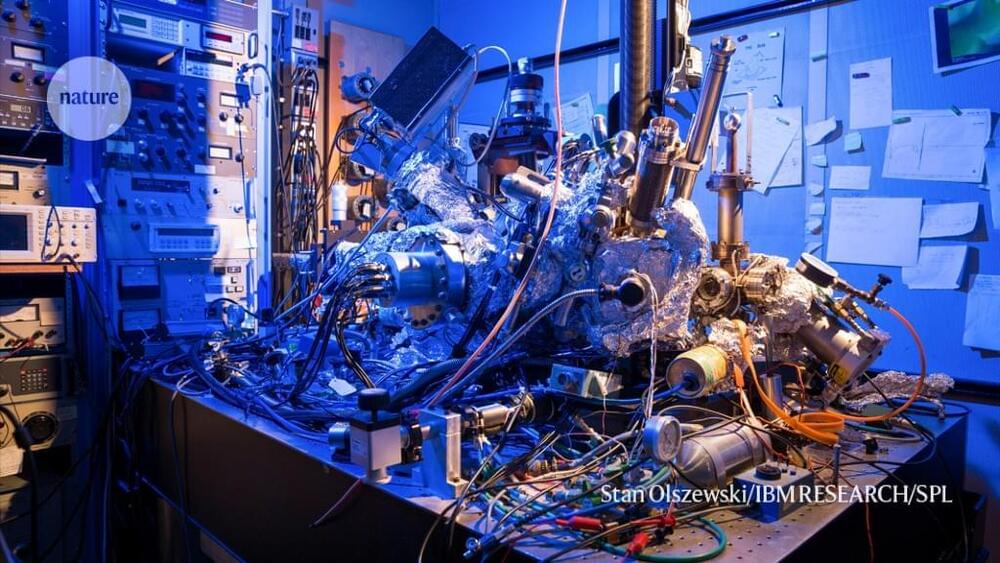Scientists generally, said NSF’s Lisa Winter, will be able to view a very active corona — or upper atmosphere of the sun — during the precious minutes that the sun is nearly completely blocked by the moon. The sun is nearing its maximum of solar activity in its 11-year-cycle, unlike the last U.S. total solar eclipse of 2017, meaning that “the corona will be very active this time around,” said Winter, who is NSF’s program director for solar-terrestrial research.
Solar activity has an immense impact on the ionosphere, which is a layer of Earth’s atmosphere that interacts with electromagnetic radiation from above and below its extent. These interactions affect the propagation of radio signals.






